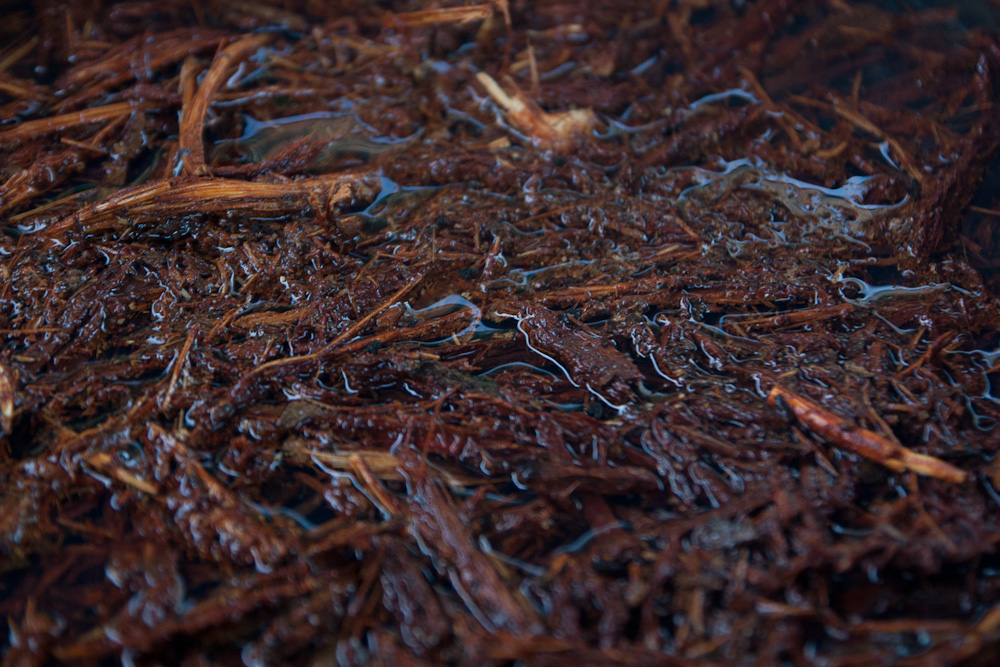A new insight into ayahuasca’s adverse effects: Reanalysis and perspectives on its mediating role in mental health from the Global Ayahuasca Survey (GAS)
Authors:
Óscar Andión, José Carlos Bouso, Jerome J. Sarris, Luís Fernando Tófoli, Emérita Satiro Opaleye, and Daniel Perkins.
Journal:
PLOS Mental Health
Year:
2025
About the study
This study reexamines data from the Global Ayahuasca Survey, which included 10,836 participants who reported on their experiences with ayahuasca, a traditional Amazonian psychoactive brew. The researchers utilized machine learning and statistical methods to explore the relationships between participants’ backgrounds, their experiences of adverse mental states following ayahuasca use, and their overall mental health outcomes, as measured by the 12-Item Short Form Survey (SF-12). Notably, 14.2% of participants had a history of anxiety disorders, and 19.7% had a history of depressive disorders. Despite these figures, the median SF-12 score among participants was 50.16, aligning with the general population’s average.
Abstract
Ayahuasca is a decoction native to the Amazon, where it plays a central role in the traditional medicine of many local cultures and has expanded internationally over the last decades. Ayahuasca has also attracted the interest of scientists for its potential benefits on mental health, but its adverse effects are under-researched. We analyzed data from the Global Ayahuasca Survey, including 10,836 participants who rated predetermined adverse effects. Data were collected from March 1st, 2017, to December 31st, 2019, and accessed for analysis on November 30th, 2021. Only DP and JJS had access to identifiable participant data. Machine learning and statistical methods were used to examine the relationship between sample characteristics, post-ayahuasca adverse mental states, and mental health outcomes measured by the 12-Item Short Form Survey (SF-12). Among participants, 14.2% (767) had a prior anxiety disorder and 19.7% (1,064) a depressive disorder. Despite this, the median SF-12 score was 50.16, comparable to the general population. A history of anxiety or depression was associated with more adverse mental states after ayahuasca use. However, increased experiences of “visual distortions” and higher ayahuasca use correlated with better mental health. Women reported more adverse states but did not show worsened mental health. The classification of adverse mental states in psychedelic research should be reconsidered, as certain experiences traditionally labeled as negative may contribute to long-term psychological benefits. The context in which these experiences occur, along with individual factors, plays a crucial role in determining whether these states lead to positive or negative outcomes. Understanding these dynamics is essential for improving harm reduction strategies and maximizing therapeutic potential. Individuals with a history of depression require special attention, as they are more prone to experiencing post-ayahuasca adverse mental states and may benefit from additional psychological support.
Photo by Benjamin De Loenen.
Categories:
Studies & papers
, Ayahuasca
Tags:
ayahuasca
, ayahuasca
, scientific research
, adverse effects
, psychedelics
, mental health
, mental health
, adverse effects

